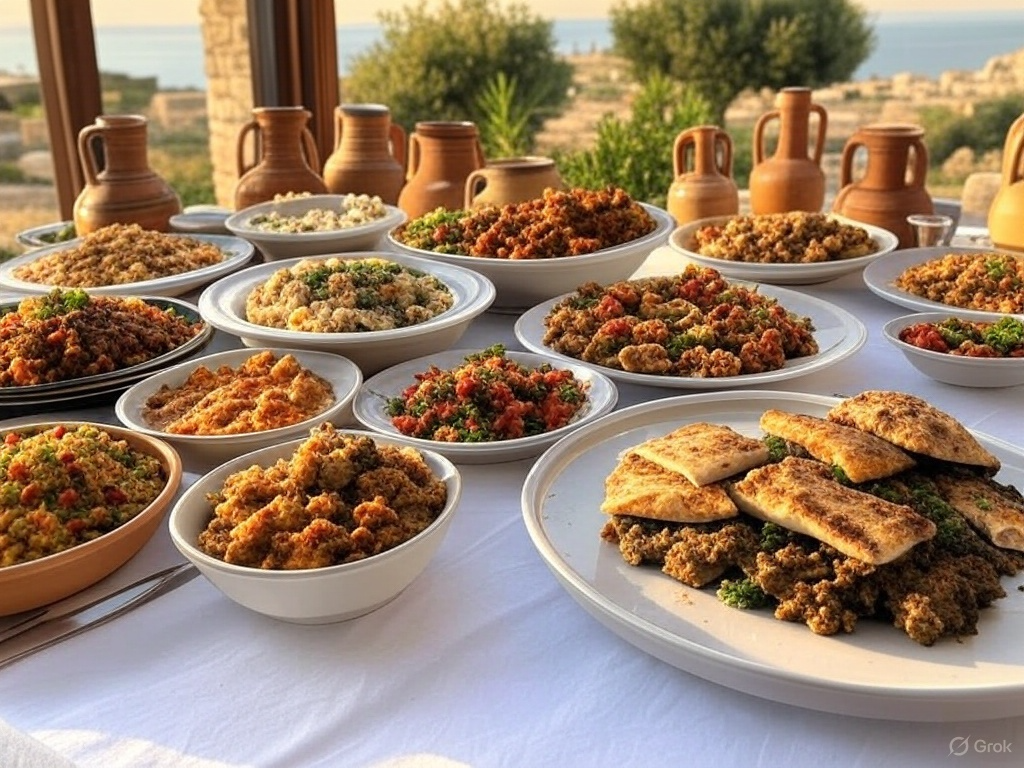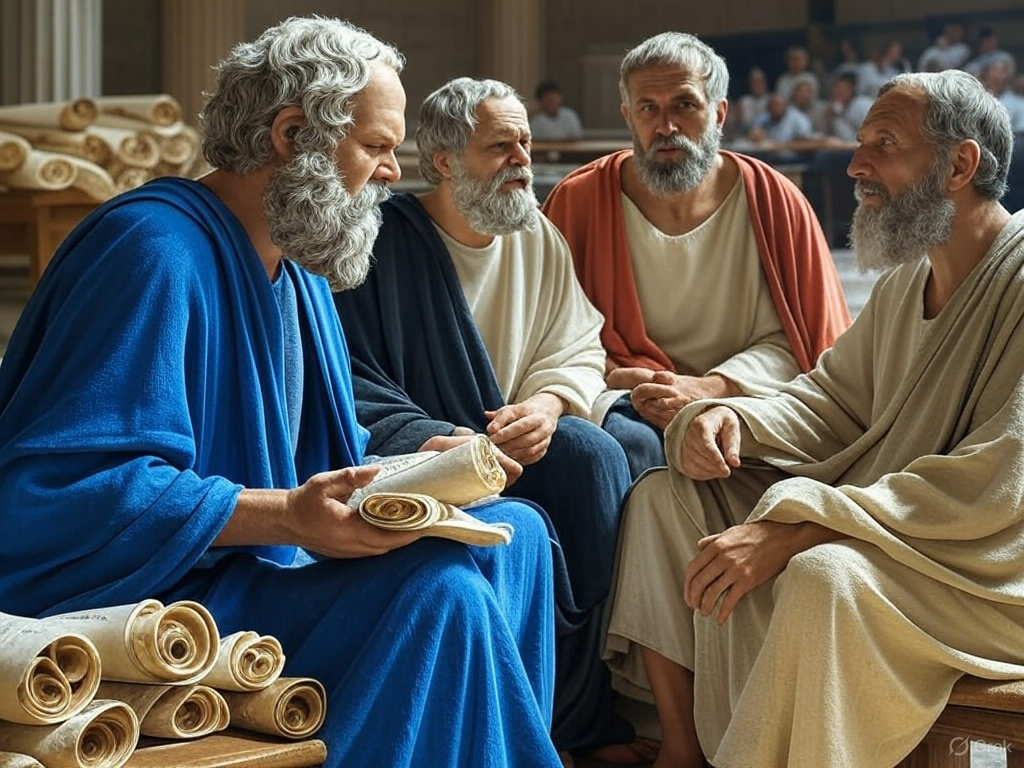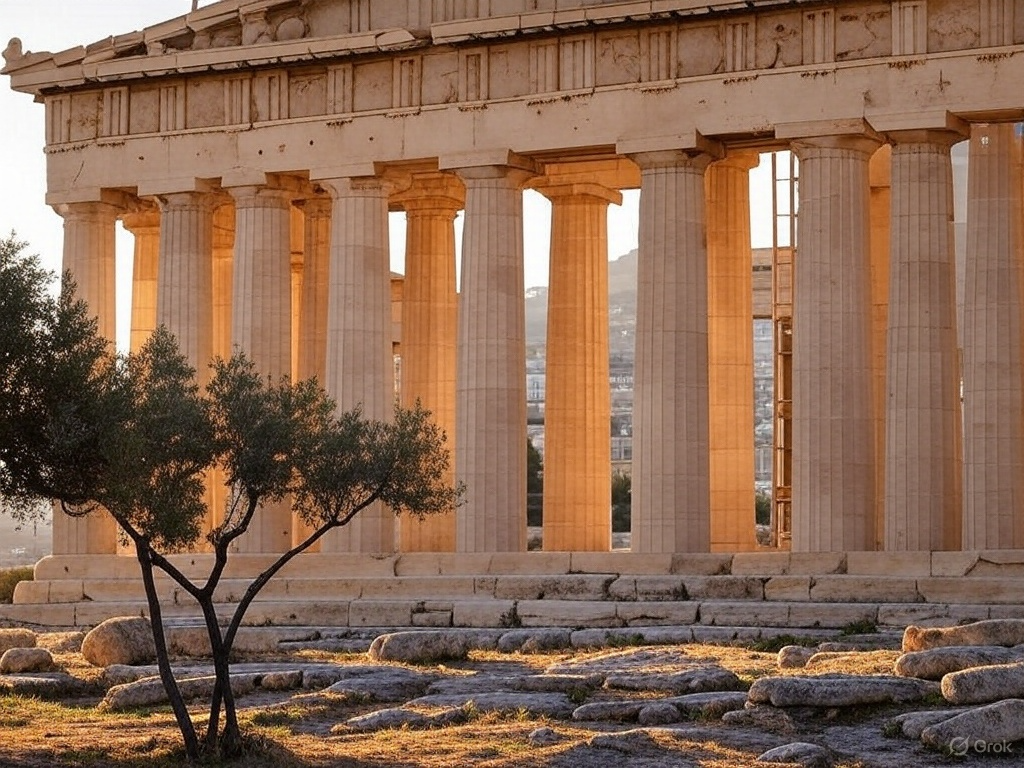Hero of the Greek War of Independence (1788 – 1823)
Markos Botsaris is one of the most glorious heroes of the Greek War of Independence. He descended from the Botsaris family, which originated from Souli of Epirus in the 15th century and was one of the founding members of the community. It was a family of heroes with some of its important members being George Botsaris, Kitsos Botsaris, Notis Botsaris, Rosa Botsaris and Tusias Botsaris. All of them fought bravely in the Greek War of Independence and many other subsequent wars in Greek history. Markos was the leader of the Souliotes.
Markos served in the beginning the French army. Afterwards, with his uncle Notis, he returned to Souli and raised its citizens to fight against the Ottoman yoke. In 1820, when the Turks occupied the Souli fortresses, he provided provisions and fended off all the Turkish forces from Souli in numerous victorious battles. His actions were decisive for the start of the Greek War of Revolution. After 22 months of constant battles, the fighters of Souli ran out of provisions making the fight unable to continue, forcing its citizens to abandon their homeland. Markos and his uncle settled in Roumeli where they continued their struggle. They took part in several battles, most notably in Mesologgi, for which Markos was ranked a sergeant.
Numerous are the heroic deeds of Markos Botsaris: In Kumtzades he destroyed a large army of Ottoman Turks, in Pente Pigadia he clashed with a force of 5000 Turks along with his few Souliote brothers, he conquered the Reniasa fortress without any casualties, defeated 2000 Turks in Vargiades and in Dramesi, battled against Hasan Pasha in Arta and his army of 1000 Turks, participated in the siege of Arta and in many more battles including in Lelova, Olitsika and Bogortsa.
On August 9, 1823 Markos Botsaris led 350 Souliotes in Karpenisi to battle against Mustae Pasha and his army. During the battle, Markos Botsaris received a fatal shot which cost him his life. His body was transported to Mesologgi where it was buried with the highest honours. His death caused grief all over Europe but also amazement. Renowned painters such as Delacroix, Deveria, Dereuville and Marsiglio immortalized him in their paintings, sculptor David D’Angers built a sculpture in his memory while in France a central avenue in Paris was named after him. According to Victor Hugo, Botsaris was the “Leonidas of modern Greece”; Francois Pouqueville in his magnum opus makes a special note on Markos Botsaris focusing on his virtuous character and his tireless efforts in the war while Dionysios Solomos, Greece’s national poet dedicated a special ode to him.
Evidence suggests that Markos Botsaris and Lord Byron communicated with each other by mail. When Lord Byron first came to Greece, Mesologgi, he was welcomed enthusiastically by the Greek fighters. Wearing his traditional Souliote uniform, Byron approached Markos’ tomb and swore in his sacred memory that he would fight to the death for Greece’s freedom. He fulfilled his promise after he passed away in Mesologgi, encouraging all of the Philhellenes around Europe to do the same.
Source: greatestgreeks









